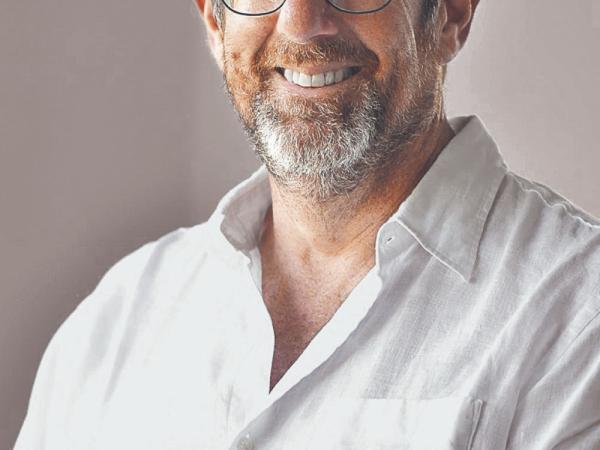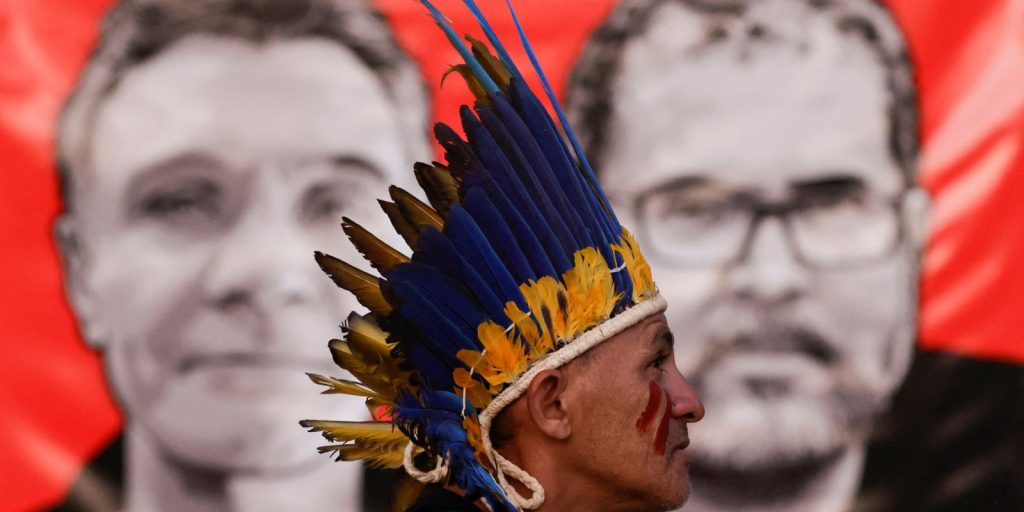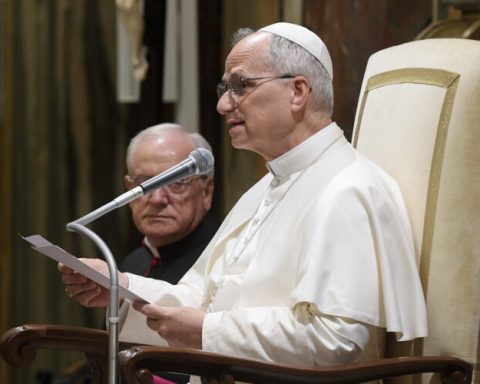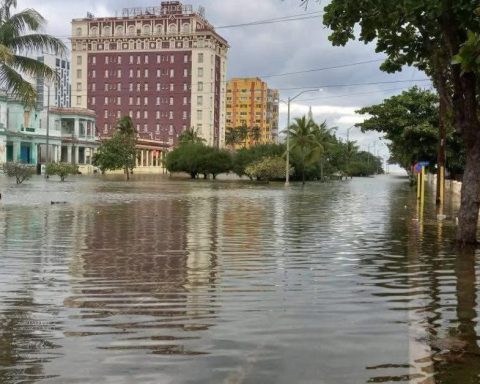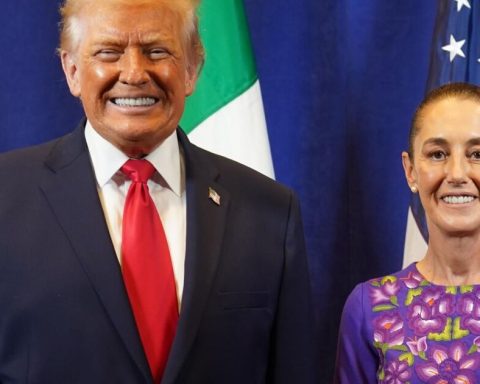The Endeavor 2024 Gala, which was recently held in Bogotá, was a space to commemorate the achievements of the Endeavor Entrepreneurs, who play a crucial role in the economic reactivation of the country and the region and had as a guest Sergio Fogel, co-founder of dLocal, that, With its entry into the Nasdaq stock market in June 2021, it was classified as a new unicorn (market valuation of more than US$1 billion), close to 20% of Uruguay’s GDP.
(Read: Does economic disparity between friends cause problems? This is what experts say)
dLocal has been revolutionizing the payments sector in fast-growing emerging markets such as Africa, Asia and Latin America. Its platform allows more than 600 companies to accept payments through 900 methods in more than 40 countries.
(Read: What will happen to the guaranteed minimum income in 2024?)
What is dLocal?
dLocal solves something that Latin Americans do when they make a purchase anywhere and pay with an international credit card. We are a bridge between Latin American consumers and internet companies. We allow companies, when the buyer is a person from a specific country, to pay in their local currency and the seller receives in their respective currency.
As if it were a local operation…
The value proposition is to open up to a universe of 4,000 million people and integrate directly into these payment methods in 40 countries. The connected population is about 2,000 million people who want to consume.
In the last month 73 million people paid with dLocal.
How was dLocal born?
We started in Brazil and it is where we have the most penetration, Mexico is important and the countries where we see the most growth at this time are in Africa, especially Nigeria, Sudan, Egypt and Morocco, in addition, although there are some restrictions on currency movements where there are challenges of all kinds, United Arab Emirates and Saudi Arabia.
(Read: ‘There is concern about financial risk management in health reform’: Acemi)
Are they in China?
We don’t see China as much. It is a well-served market.
The part of Asia that does interest us is South and Southeast Asia and the time will come.
We are Uruguayans but as a company we were born in Brazil in 2016. In fact, Uruguay was the fifth country we opened, more by heart.
It is key that the payments ecosystem operates with a consistent user experience for consumers and businesses.
iStock
Who are your competitors?
We have several competitors. The value proposition is unique. I can tell Google and Apple that I solve their payment problem in some country and that represents a lot for companies. But in the world in which we operate, we do not have the illusion of being sole suppliers due to redundancy and risks and there are always two or three and we are one of them.
Any significant figure?
In the last year we processed US$25,000 million.
Our clients want to know that we have the appropriate processes to prevent money laundering and other risks, take care of money, and that regulatory bar is being raised and today it is very high. The team to comply is hundreds of people to monitor transactions and manually review those that are suspicious, in addition to cybersecurity and data privacy, among other topics.
(Read: Peru: ideal for meeting tourism and incentive trips)
We have a little over 1,100 people, with people in all countries in small teams. Hubs in some parts and people operating remotely.
How do they earn income?
We charge the merchant to process the transaction, it is a fee according to the complexity. If the operation is totally local it has a lower cost, if it is cross-border or cross-border it has a higher cost and if other services are provided such as the anti-fraud channel it has another cost. We have been listed on Nasdaq for three years. The experience is demanding because the level of scrutiny is enormous, with extensive and even internal audits.
PORTFOLIO
